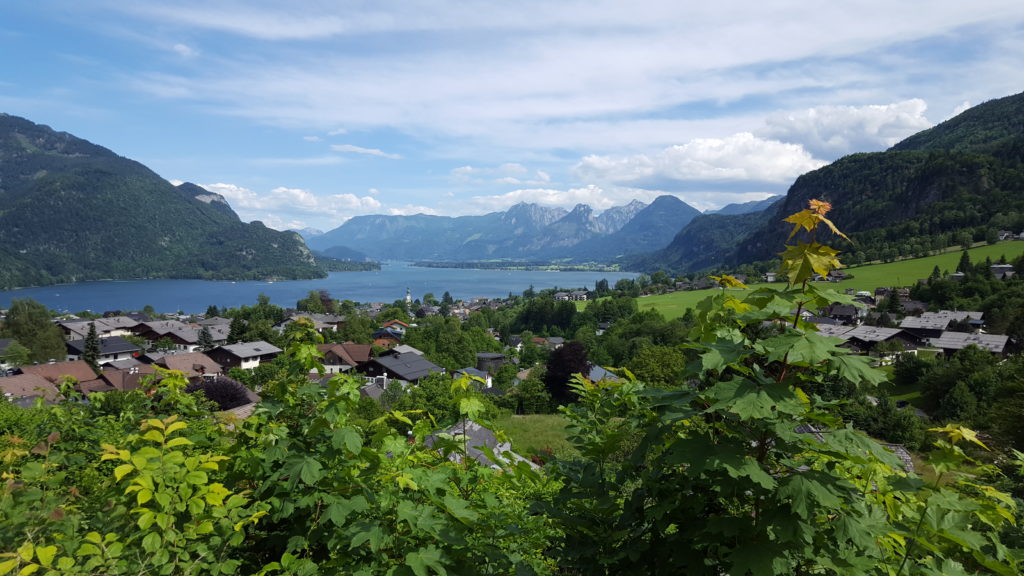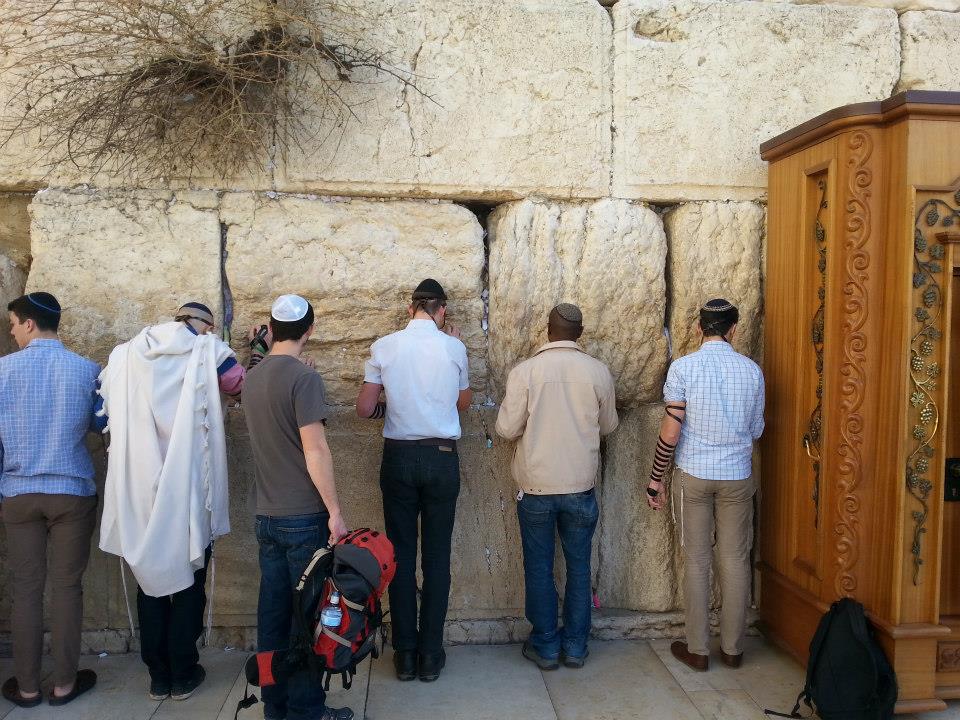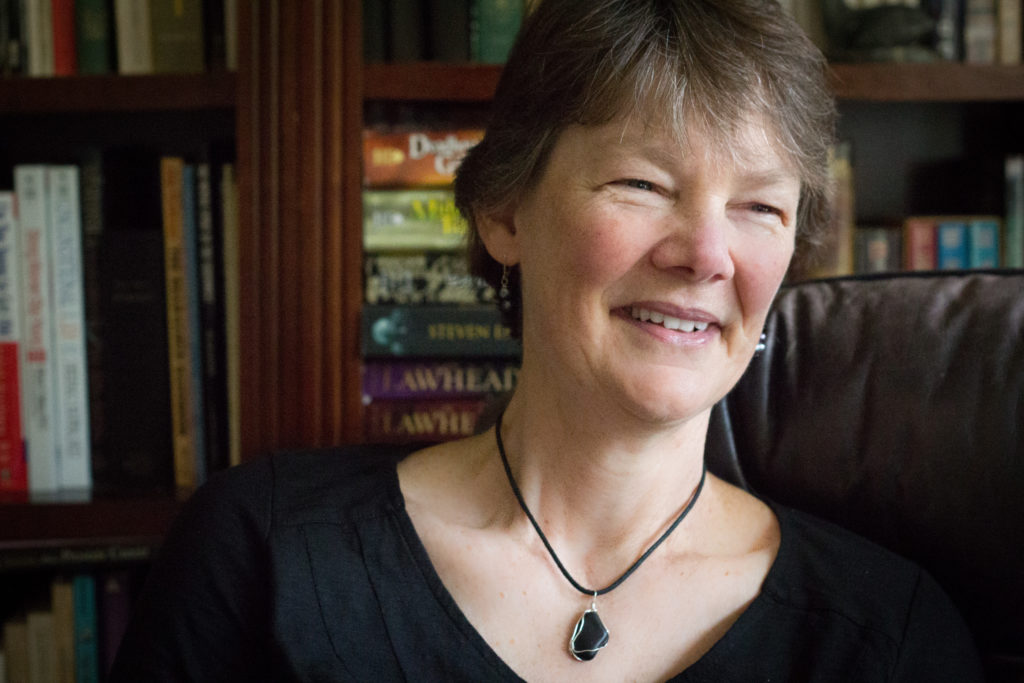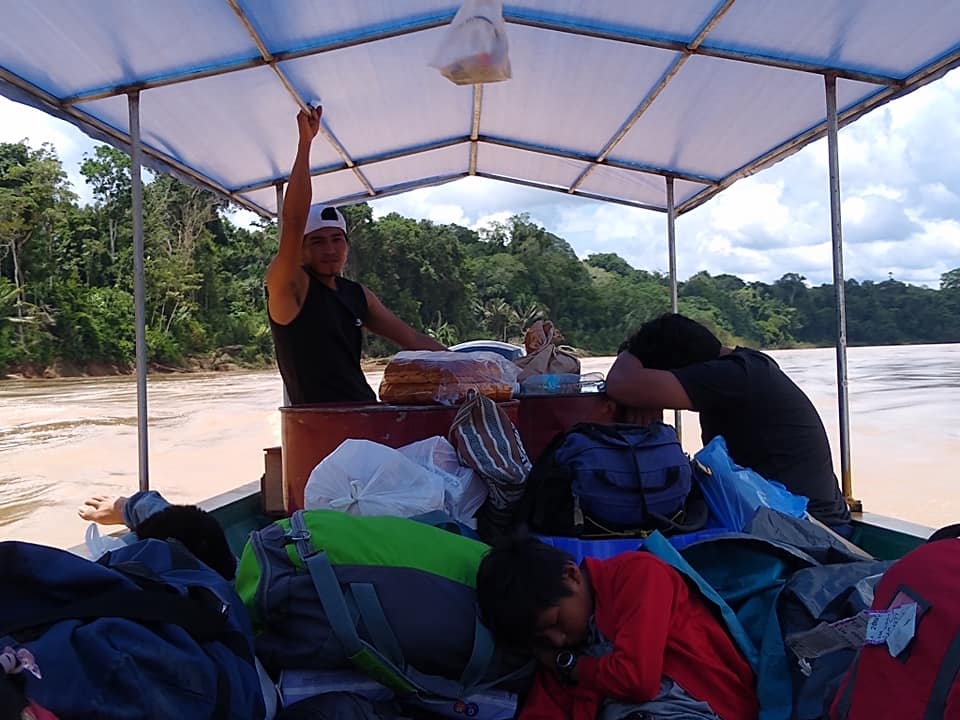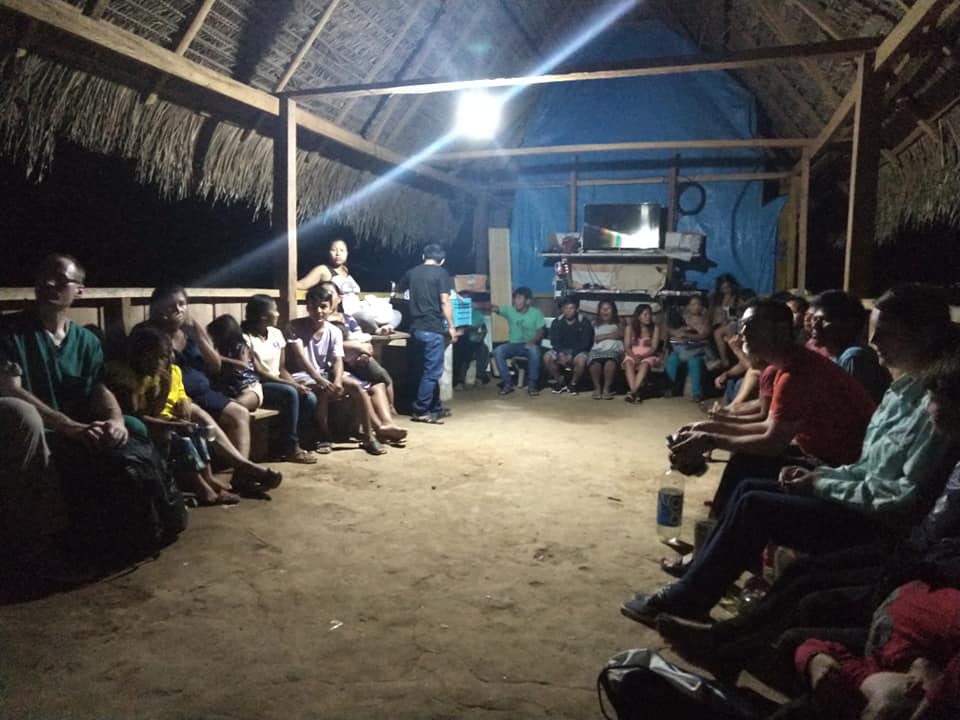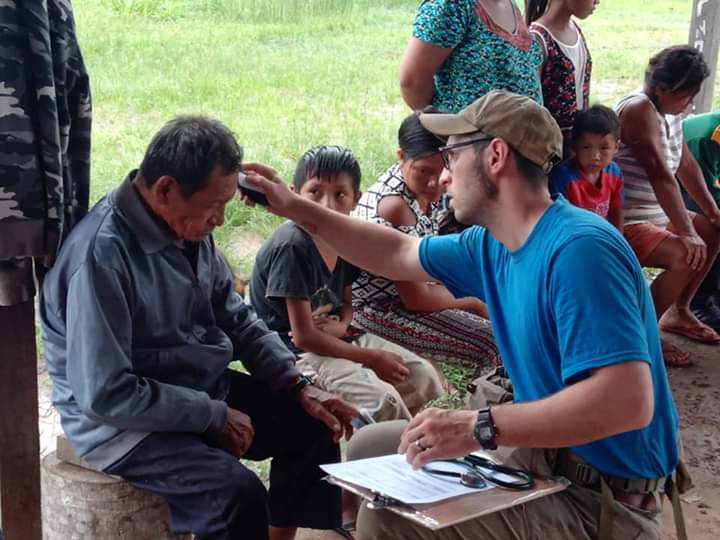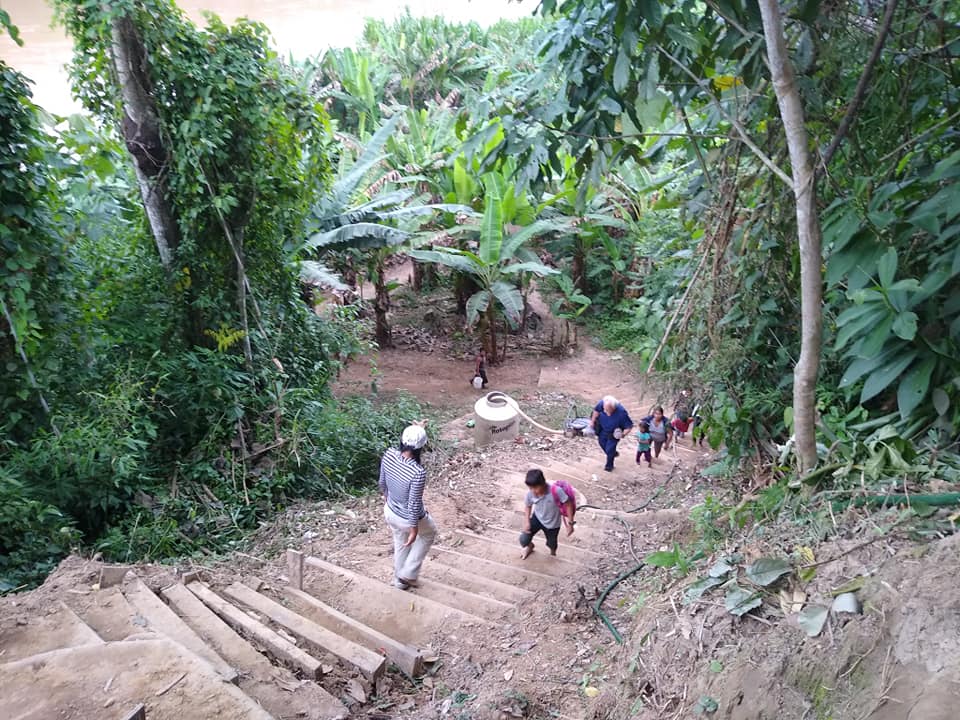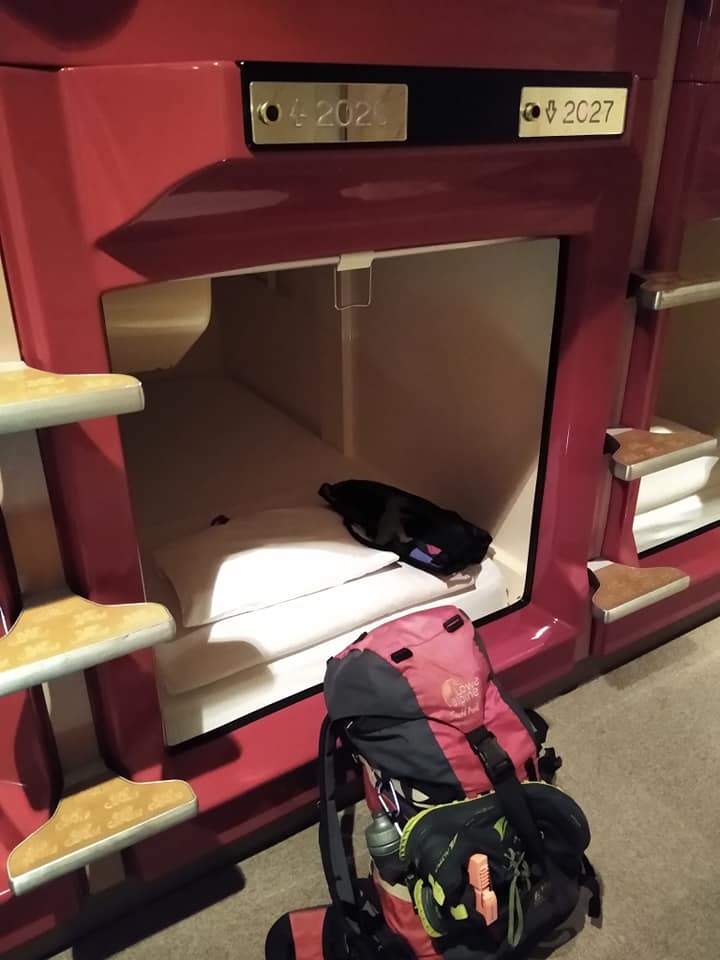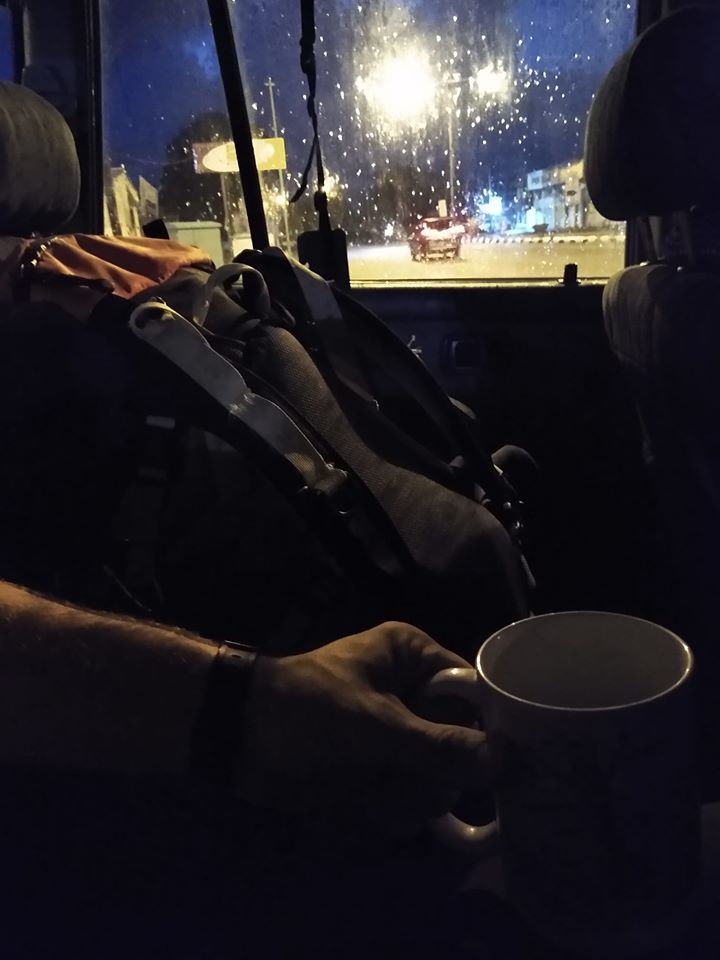Would you like to hear a confession?
I had never had a massage. I’ve heard tell of two-hour-long massages. A complete stranger touching a rubbing my body in a calculated and meticulous way just hasn’t ever attracted me. And then when they’re done…you pay them. Paying for a massage seems a little, shall we say, illegally scandalous?
But this story is not about preconceptions. It’s about stepping into and through the looking glass, breaking down barriers. It’s about trying strange dishes and going strange places.
It’s about strong hands.
I walked into the house and found my dear friends from college (eons ago) speaking with their language tutor. As they chatted, I disappeared to shower away the travel-blues and airplane funk. Even more than sleep, I find that a cup of coffee and a hot shower cures most ailments and alleviates most travel woes. But if I was asked to nail down one negative aspect of travel, I would immediately reply with, “back pain.” Sitting knees-to-chest on a plane and sleeping in all manners of positions wreaks havoc on my body. And though the hot shower helped, it had been nearly 8,500 miles of airplane travel to get here.
After cleaning up, I joined in on the English side of the conversation.
“You okay?” I was asked, upon sitting. I must have winced.
“Oh yeah,” I lied.
“Are you sure?” My poker face could use some work.
“I’ll be alright,” I confessed, “my back just gets sore when I travel.”
Translations ensued and bilingual discussion commenced. It was decided (for me?) that I should get a massage. But I have never had a massage, said I.
No matter, said they. I needed a massage—but not just any massage.
No.
The only hands with power enough to lift the dark discomfort from my body were the hands of the great Pak Omar. Who, you might ask?
“His hands are like magic,” said the local language teacher. But finding him could be difficult. And for the next several days, we tried getting in contact with him, to no avail.
I was not sure if he even existed—this magical remover of back pain. Was he a legend? A name whispered in the wind? Was he a story fathers with aching backs believed in, like a pain soothing Santa Clause?
But finally, one day, we received news of his whereabouts and an appointment was set.
We pulled up to the small home to find Pak Omar waiting for us. We removed our shoes and he led us into the house. A couple of wooden benches lined the wall and two children watch a television on the floor. Omar disappeared and reappeared wearing what looked like a nicer, new shirt. I took his hand and noticed the sheer strength in this elderly Malaysian man (who, by the way, is greatly respected in his community). My friend communicated my back-pain. He led me into a small room with a little wooden table, a pillow on one end.
Face-down, I laid on the cold wood and Pak Omar went to work. With those powerful hands he poked and prodded and whittled away the knots. Sometimes it felt like a waterfall of relief. And sometimes it felt like he was running me over with a large truck. But after twenty minutes, I knew I was a different man. Not only did I find relief from my back pain, but I now understood massage. But then he sat me up and looked at my shoulders.
With grunting, we tried communicating. He told me to turn my head from side to side. I did. Then I told me to reach and touch my toes. I did that, too. But he was not pleased with my performance.
Soon he put me on the floor. And before I knew what was going on, he sat behind me, wrapped his legs around and under mine and used an English word that frightened me.
“Relax”
And with little notice, he started cracking my back and shoulder like twigs and branches. I stood up in a daze and Pak Omar went to work on my shoulders and neck.
I must have gotten the premier package, thought I.
But when all was done, I felt like a little Lego man who had been disassembled and then put back together. And boy did I feel great.
We shared a cup of tea and, without any language skills, talked about nothing. We just smiled and grunted back and forth.
Both my friend and I got massages that day. And it cost us 12 US dollars, for both of us. If I lived there, in the beauty and wonder of Malaysia, Pak Omar would have a steady client in this weary traveler.
anthony forrest
